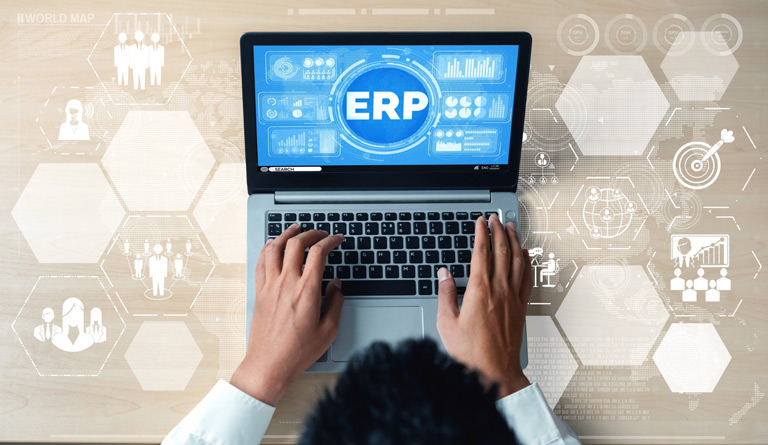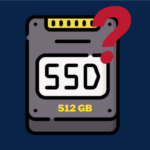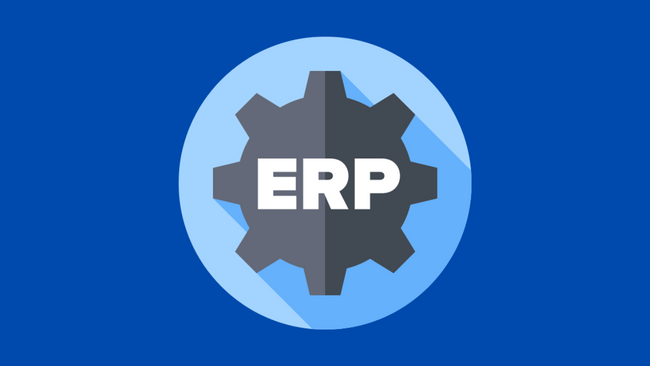If you’re a business owner, and you already passed the times of “I need emergency money to pay for project management basic tools” and grew to the level of “I have enough funds to improve my business processes”, then your business is definitely ready for the ERP system. Because ERP is a complex system that can be created custom for your business processes flow and enables better performance of all departments.
In order to make an informed decision, it is important to understand the cost of ERP software. This post will explore the different factors that go into pricing and provide an accurate estimate of the cost to develop an ERP system.
While there is no one-size-fits-all answer, we will break down the various components that go into the price tag and what you can expect to pay. So, how much does it really cost to get an ERP system up and running? Keep reading to find out.

When it comes to enterprise resource planning (ERP), there is no one-size-fits-all solution. businesses have different needs and goals, so it’s important to find an ERP system that is tailored to your specific business. However, sometimes the perfect ERP system doesn’t exist. If you’ve looked at ready-made solutions and haven’t been able to find one that meets your needs, don’t despair.
Developing an ERP system from scratch may be the best option for your business. By working with a development team, you can create an ERP system that is designed specifically for your company’s needs. This approach may be more costly and time-consuming than simply purchasing an off-the-shelf solution, but it will be worth it in the end when you have an ERP system that is perfect for your business.
What Is ERP Software and What Are Its Benefits for Businesses of All Sizes?
ERP software is a type of business management software that helps businesses automate and manage their various processes, including accounting, human resources, customer relationship management (CRM), and supply chain management.
ERP systems are beneficial for businesses of all sizes because they provide a centralized database that can be accessed by all employees. This allows businesses to have a better overview of their operations and make more informed decisions. In addition, ERP systems can help businesses save time and money by automating various processes.
For example, instead of having to manually enter data into different software programs, employees can simply input the data into the ERP system, which will then populate the other software programs. This can save a significant amount of time and reduce the chances of errors.
Another benefit of ERP systems is that they can be customized to fit the specific needs of your business. For example, if you’re a manufacturing company, you can add modules that will help you manage your production process. On the other hand, if you’re a retail company, you can add modules that will help you track inventory levels and manage customer orders.
ERP systems are also scalable, which means they can grow with your business. As your business expands, you can simply add more users or add additional functionality to the system. This is in contrast to other types of software, which would need to be completely replaced once your business outgrows them.

How Does the Cost of ERP Software Vary Depending on the Size and Complexity of the Business in Question?
Businesses of all sizes have come to depend on enterprise resource planning, or ERP, software. This type of software helps businesses to manage and automate many of their essential functions, including financial management, inventory control, and supply chain management.
While ERP software can provide a number of benefits for businesses, its cost can vary depending on the size and complexity of the business in question. For small businesses, ERP software typically costs between $5,000 and $10,000. For medium-sized businesses, the cost can range from $20,000 to $50,000. And for large businesses, the cost can be as high as $100,000 or more. In addition to the size of the business, the complexity of its operations will also affect the cost of ERP software.
Businesses with more complex operations will need to purchase more feature-rich software, which can increases the overall cost. As a result, businesses should carefully consider their needs before selecting an ERP system. Otherwise, they may find themselves paying more than they need to for their software.
The size of the business is important because it will determine the number of users and the amount of data that need to be stored. In addition, the complexity of the business will also affect the price. If your business has a lot of different processes that need to be managed, then you will likely need an ERP system with more functionality, which will be more expensive.
Another factor that can affect the cost of ERP software is the development team you work with. If you choose to develop the software in-house, then you will need to factor in the cost of employee salaries and benefits. On the other hand, if you outsource the development to a third-party company, then you will need to pay their fees.
Oftentimes, businesses will opt for a hybrid approach, where they develop some parts of the software in-house and outsource other parts. This can help reduce costs while still ensuring that the final product meets all of the company’s needs.
No matter what approach you take, it’s important to remember that the cost of ERP software is an investment. The upfront cost may be high, but the long-term benefits will far outweigh the initial expense.
If you’re thinking about implementing an ERP system in your business, then don’t let the cost deter you. Work with a development team that you trust and make sure to thoroughly assess your needs before making a decision. With a little bit of planning, you can find an ERP system that fits your budget and provides tremendous value for your business.
How Much Do Customizations and Integrations Typically Cost, and Why Are They Necessary for Many Businesses Implementing ERP Software?
Customizations and integrations are a necessary part of many businesses implementing ERP software. The cost of these customizations and integrations can vary depending on the size and complexity of the business, as well as the specific needs of the company.
For small businesses, customizations and integrations typically cost between $500 and $2000. For medium-sized businesses, the cost can range from $2000 to $5000. And for large businesses, the cost can be as high as $10000 or more.
The reason that customizations and integrations are so important is because they help to ensure that the software meets the specific needs of the company. Without them, the software would likely not be able to properly support the operations of the business.
Customizations and integrations can also help to improve the overall efficiency of the software. By tailoring the software to the specific needs of the company, businesses can eliminate unnecessary features and streamline their workflows. This can save a significant amount of time and money in the long run.
Overall, customizations and integrations are an important part of ERP software. They can help to improve the efficiency of the software and ensure that it meets the specific needs of the company. The cost of these customizations and integrations will vary depending on the size and complexity of the business, but they are typically a worthwhile investment.
The Bottom Line
In conclusion, the cost of ERP software can vary depending on a number of factors. The size and complexity of the business, as well as the development team you work with, will all affect the price. Customizations and integrations are also an important part of many businesses implementing ERP software, and these can add to the overall cost.
However, the long-term benefits of ERP software will far outweigh the initial expense. If you’re thinking about implementing an ERP system in your business, don’t let the cost deter you. Work with a development team that you trust and make sure to thoroughly assess your needs before making a decision. With a little bit of planning, you can find an ERP system that fits your budget and provides tremendous value for your business.



Leave a comment
Have something to say about this article? Add your comment and start the discussion.